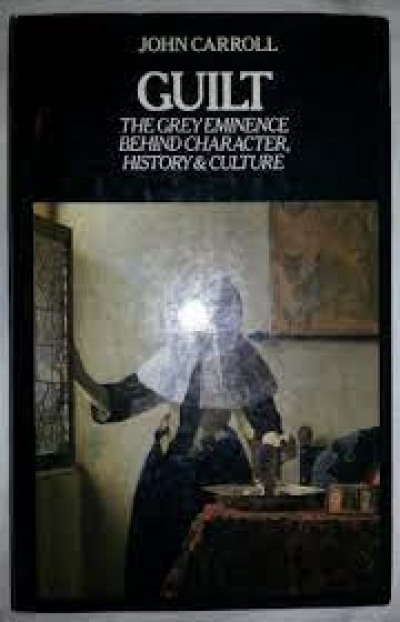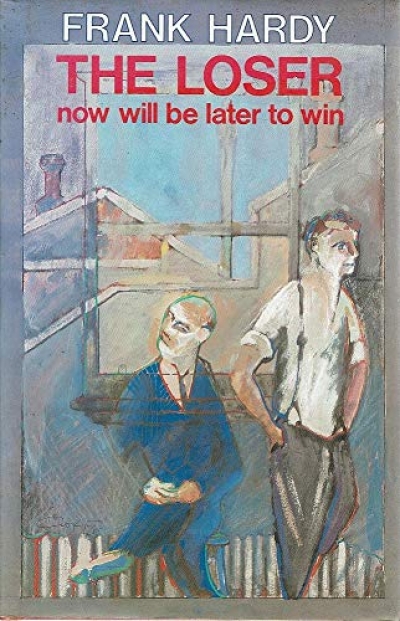Archive
Culture and History Essays Presented to Jack Lindsay edited by Bernard Smith
No Collars No Cuffs, plenty of fisticuffs, and you’ll probably get K.O.’d by all this, after a round or two of three or four poems each. You may need someone in your corner to bolster you, for as Geoff Goodfellow writes in ‘Skin Deep’, a women’s prison poem:
... (read more)Have you ever noticed how otherwise intelligent journalists find it almost impossible to write seriously about Adelaide Festival’s Writers’ Week? Predictably, they seem compelled to joke about the prodigious quantity of booze consumed – but perhaps they have never attended a business or an academic convention. Then well-known visiting writers apparently must be called ‘literary lions’ – an alliterative cliché suggesting that these writers are somehow not really human. There is usually some marvelling at the miracle that for once the big names (the lions) haven’t dropped out – as though there have been no Writers’ Weeks since 1976, the last time they did drop out. And inevitably there is an awkward, giggly tone to their articles, suggesting acute discomfort or embarrassment.
... (read more)At a seminar on the arts and the economy held recently in Melbourne, Laurie Muller, general manager of the University of Queensland Press, attacked what he described as the myth of the Australian publishing industry. According to Muller, the market size for serious Australian books is so small (one to three thousand) that publishers can barely recoup their development costs, let alone make any profits to service capital and finance further books and expansion.
... (read more)The Morality of Gentlemen by Amanda Lohrey & This Freedom by John Morrison
If we are not what we eat, and we are not, nor what we read, as we are also not, nevertheless a plate of latkes and a page of Saroyan do something to limn the portrait, as the crashing waves delineate the shoreline rock.
Naah.
Skip that.
... (read more)








